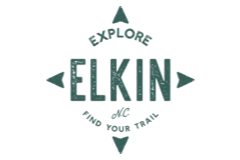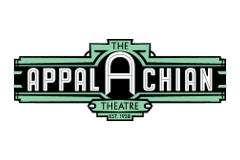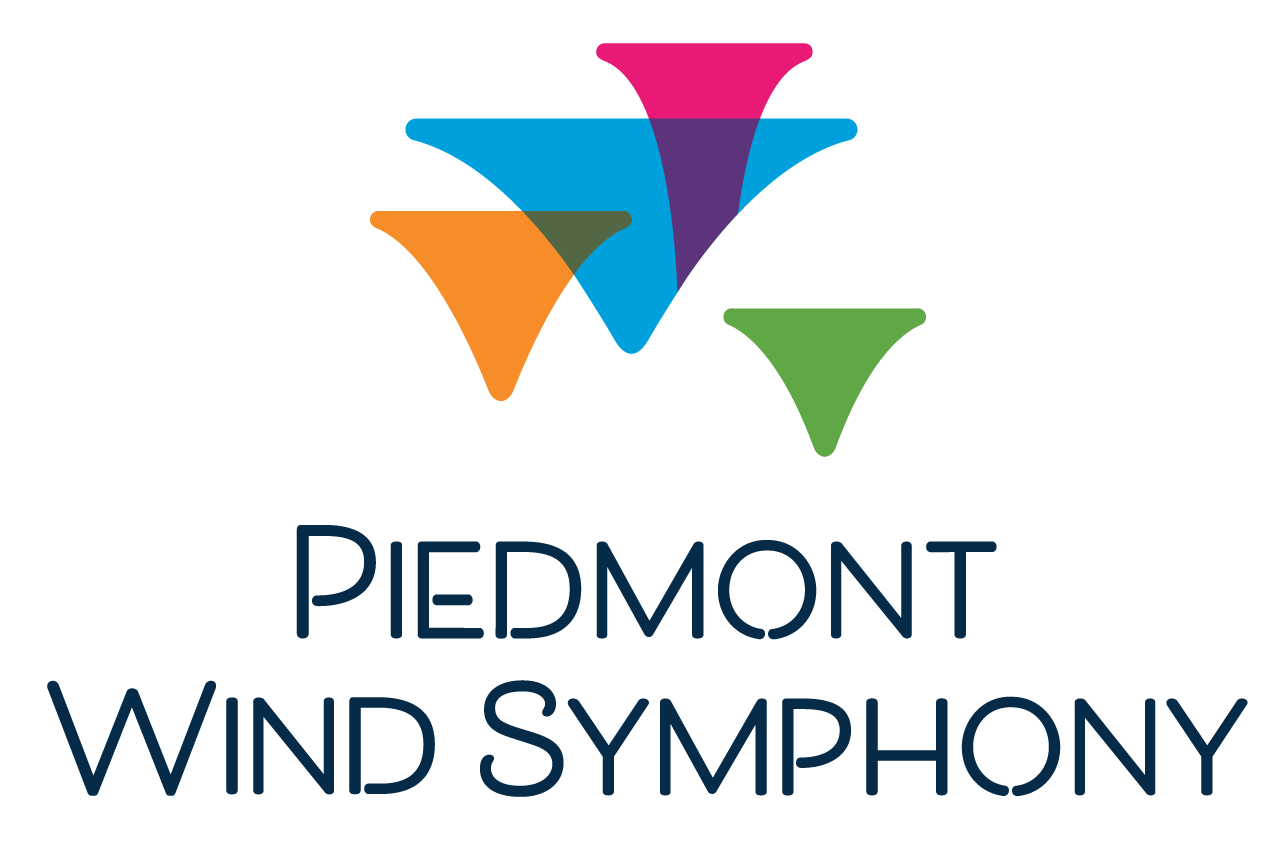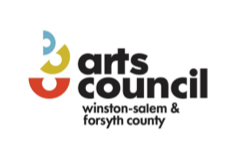Sarah McQuaid / Natalie Padilla / Chris Haddox
Sarah McQuaid
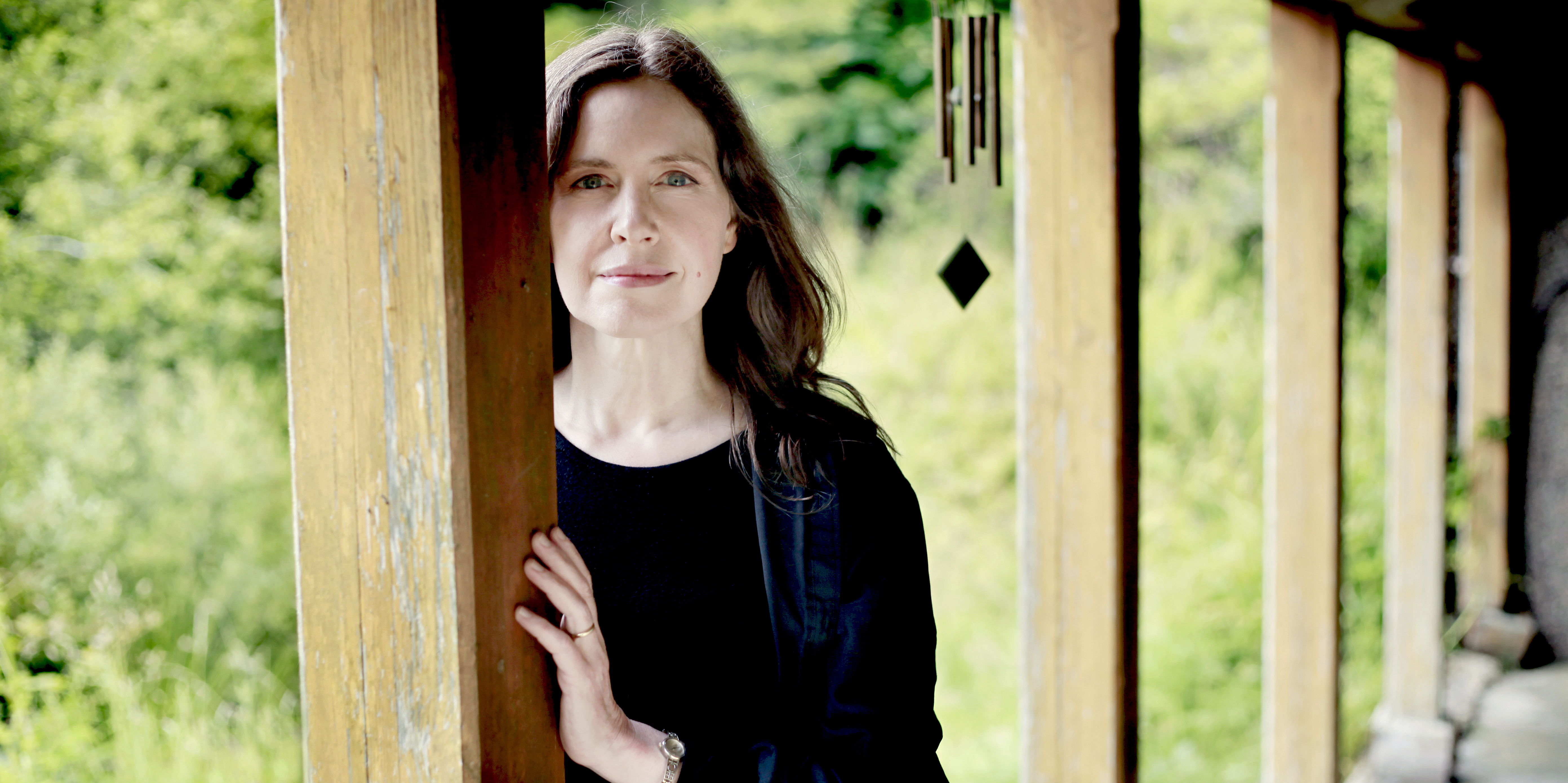
Sarah McQuaid’s lush, chocolatey voice combines with her engaging personality, “subtle mastery onstage” (Huffington Post) and “brilliant musicianship” (fRoots) on acoustic and electric guitars, piano and (occasionally) drum to create a truly immersive experience.
Born in Spain, raised in Chicago, holding dual Irish and American citizenship and now settled in rural England, she brings the eclecticism of her background to her “captivating, unorthodox songwriting” (PopMatters) and choice of material, spanning genres and defying categorisation.
All this is abundantly demonstrated by her new live album and video series The St Buryan Sessions — but needs to be savoured in person to be fully appreciated.
Born in Spain (to a Spanish father and an American mother) and raised in Chicago, Sarah was taught piano and guitar at an early age by her folksinging mother, and remembers being inspired by meeting her distant cousin, well-known singer/songwriter/storyteller Gamble Rogers, at her grandmother’s house in Indiana.
From the age of twelve she was embarking on tours of the US and Canada with the Chicago Children’s Choir, and at eighteen she went to France for a year to study philosophy at the University of Strasbourg.
In the mid-1990s Sarah found her way to Ireland, where her authorship of The Irish DADGAD Guitar Book (published in 1995, still in print and selling worldwide via Novello & Co./Music Sales Inc./Hal Leonard) led to an invitation to write a weekly folk music column for the Evening Herald.
Her brief soon expanded to include album and gig reviews, while Hot Press also enlisted her as a reviewer, regular columnist and writer of longer interview/profile pieces on artists from Alison Krauss to Jah Wobble, Stereophonics and Bentley Rhythm Ace amongst others.
In 2007, she switched roles from interviewer to interviewee, re-releasing her 1997 debut album When Two Lovers Meet and launching her first solo tour with a memorable appearance on Irish national television as musical guest on John Kelly’s Friday night RTÉ One arts TV programme The View (a video of which can still be watched via Sarah’s YouTube channel).
The same year saw her moving to rural West Cornwall, England, and in 2008 she released her second album, I Won’t Go Home ’Til Morning. In contrast to the first album’s focus on Irish traditional songs and instrumentals, the follow-up was a celebration of old-time Appalachian folk, with Sarah’s arrangements punctuated by her own compositions and a cover of Bobbie Gentry’s classic “Ode to Billie Joe.” The two albums were re-released as a double-CD set in North America in 2010 and immediately went to No. 1 on both the album and artist Folk-DJ chart.
Not long after her arrival in Cornwall, Sarah struck up a friendship with a fellow mum outside the gates of her children’s school. That fellow mum turned out to be Zoë Pollock, writer and performer of 1991 UK Top 5 hit single “Sunshine On A Rainy Day,” and the pair soon found themselves co-writing songs for an album released in 2008 under the band name Mama. Entitled Crow Coyote Buffalo, it was lauded by _MOJO’_s Colin Irwin as “a pleasingly maverick mix,” by Siobhán Long in The Irish Times as “Janis Joplin’s freewheeling spirit crossed with Joni Mitchell's lyrical density” and by Spiral Earth’s Iain Hazlewood as “Two pagan goddesses channelling the ghost of Jim Morrison.”
The collaboration with Zoë proved to be a turning point in Sarah’s career – not only because it prompted her to start thinking of herself primarily as a songwriter (rather than a folksinger who happened to write an occasional song), but also because it introduced her to Martin Stansbury, a longtime collaborator and former bandmate of Zoë’s who produced and engineered the Mama album, then became Sarah’s manager and sound engineer, accompanying her on all her tours worldwide since 2009.Like its predecessors, Sarah’s third album The Plum Tree And The Rose (Waterbug, 2012) was recorded in Trevor Hutchinson’s Dublin studio and produced by Gerry O’Beirne, but it represented a departure from her previous work in that nine of its thirteen tracks were originals. Also featured were medieval and Elizabethan numbers and a cover of John Martyn’s “Solid Air”. The album made it to No. 3 on the Folk-DJ chart, No. 5 on the Euro Americana Chart and No. 6 on the Roots Music Report Folk Top 50.To record her fourth album Walking Into White (Waterbug, 2015), Sarah travelled from her adopted home in Cornwall, England, to the small town of Cornwall, New York, USA, in order to work with co-producers Jeremy Backofen and Sarah’s cousin Adam Pierce (Swirlies, Mice Parade). On its release, Walking Into White was selected as Album of the Month by FolkWords, which went on to nominate it for both Best Album from a Female Artist and Album of the Year.In April 2017, Sarah was presented with a Lifetime Achievement Award by the Ards International Guitar Festival in Newtownards, Northern Ireland (previous recipients include legendary guitarists Davey Graham, John Renbourn, John Martyn, Martin Simpson, Pierre Bensusan and Martin Carthy) in recognition of her innovative use of the DADGAD tuning and her authorship of the aforementioned Irish DADGAD Guitar Book.
She regularly presents workshops on the DADGAD tuning (as well as on songwriting, tour booking and more) at festivals, music schools and venues around the globe, and is working on a follow-up book on DADGAD song accompaniment.Sarah’s fifth album If We Dig Any Deeper It Could Get Dangerous (Shovel And A Spade, 2018) was produced by cult guitar great Michael Chapman, memorably described as a “granite-faced 76-year-old Yorkshireman hailed by the likes of Meg Baird, William Tyler and Ryley Walker as the godfather of new cosmic Americana” (The Guardian). With the release of this album, Sarah expanded her battery of instruments to include piano, electric guitar and drum, and it drew critical raves internationally: Dutch music magazine Heaven hailed it as “an early contender for folk album of 2018,” the UK’s fRoots said it was “a collection to savour” and the USA’s PopMatters called it “a gateway into a true innovator’s soul.”
In 2020, with her spring tour cut short due to the COVID-19 crisis, Sarah mounted a successful crowdfunding campaign to finance the filming and recording of a full-length live concert sans audience in the beautiful medieval church of St Buryan, just over a mile from Sarah’s home.
Produced and engineered by the above-mentioned Martin Stansbury, The St Buryan Sessions was released in October 2021 by Sarah‘s own Shovel And A Spade label on CD and limited-edition blue vinyl double LP. The album made it onto “Best of 2021” lists on three continents and features stunning solo performances by Sarah on acoustic and electric guitars, piano and floor tom drum, her lush, distinctive vocals echoing through the soaring space.
“McQuaid’s voice, a fragile, starkly resonant alto, has always been a thing of folk-trad beauty,” wrote reviewer Kenny Berkowitz in Acoustic Guitar magazine, “but here, with ambient mics placed around the church’s interior, it takes on a new joyfulness and a deeper darkness.” Ink 19’s Bob Pomeroy called it “a starkly minimalist recording of exceptional beauty”, and Folk Radio UK described it as “a wonderful, expressive and intimate live album from a consummate performer.”
Learn more at https://sarahmcquaid.com/home
Natalie Padilla

Now based in Western Massachusetts, Natalie was raised in Montana to a musical family, then spent 13 years in Colorado studying and playing music all over the state. She’s a full-time performer, teacher, recording artist, and tunesmith with a background in Oldtime, Irish, Bluegrass, Classical violin, and Texas Style fiddle.
Her fourth album of original music, Eostre, was released April 22, 2025, produced by Canadian multi-instrumentalist and engineer Quinn Bachand, adding to the collection of recording projects: Montana Wildflower - 2023 w/ Quinn Bachand, produced by Natalie. Hell Broke Loose -2023 w/ Tyler Andal and Casey Campbell. Fireweed - 2019, produced by Natalie and Ben Winship. Paths and Places - 2017, produced by Joe K. Walsh. Fiddle and Flute - 2011 w/ Blayne Chastain and Peter Romero.
She currently plays with Vermont-based trio Low Lily, was a founding member of Colorado acoustic band Masontown, and has been a violinist with The Bozeman Symphony, Greeley Philharmonic Orchestra, Colorado Bach Ensemble, National Repertory Orchestra, and Opera Colorado.
Learn more at https://www.nataliepadillamusic.com/
Chris Haddox
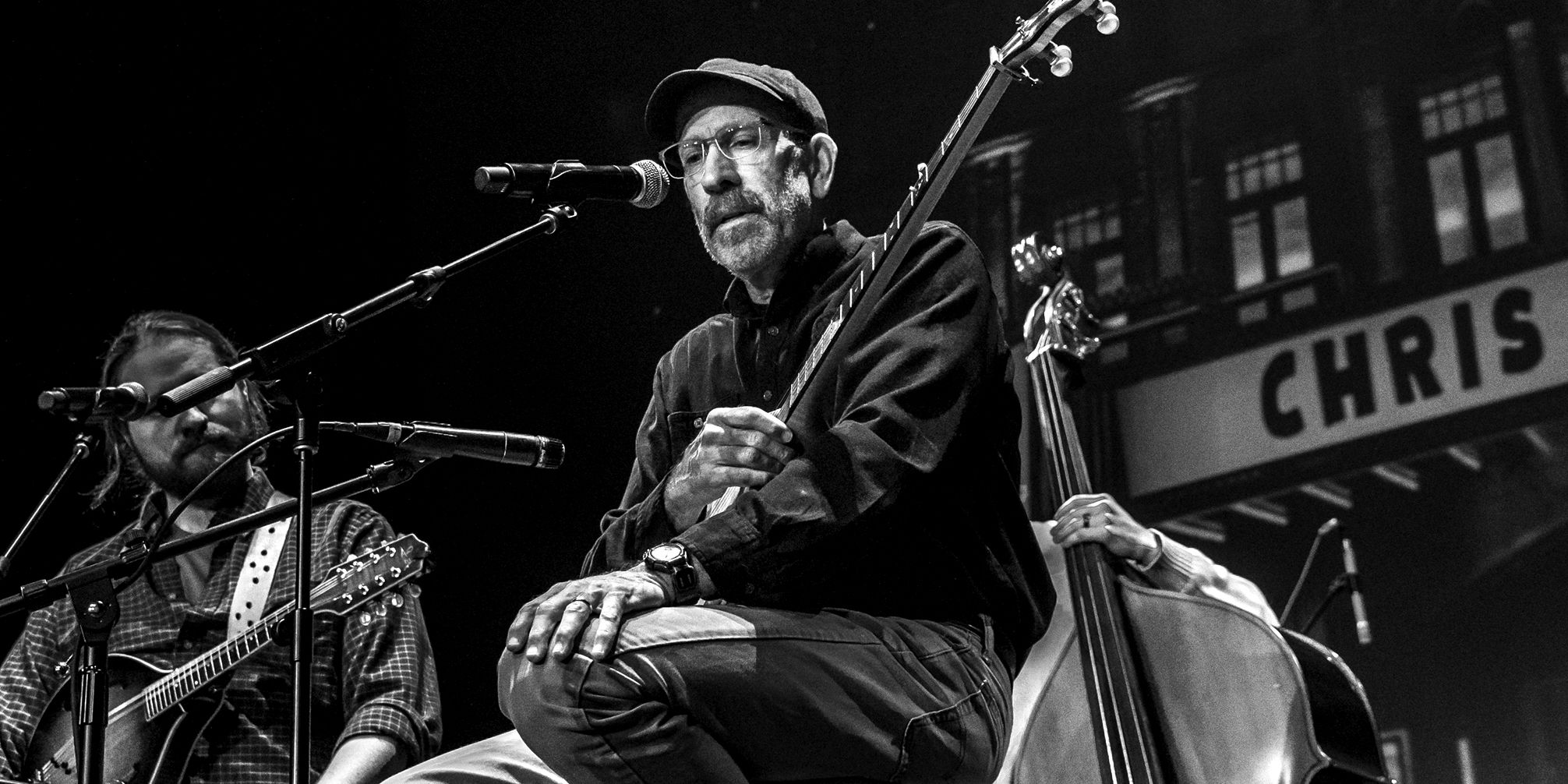
Everyone who knows Chris Haddox seems to know something different about him. That’s not surprising because this stellar musician is also a community leader who has directed Habitat for Humanity and worked to preserve old neighborhoods, a WVU professor of sustainable design, and an amateur musicologist who researches musicians from the southern coalfields of West Virginia. That’s a lot of breadth for someone the music community knows as a well-loved, easy-going consummate picker who never met a stringed instrument he couldn’t master—not to mention a gifted songwriter in the traditional country/Americana vein.
Says one of his close friends and fellow musicians, "I once looked around at a party where most of the guests didn’t know each other, but they all knew Chris. “You’re the nexus!” I said, to which he replied, after reflecting on his Logan County West Virginia roots, “Maybe I'm the Red Nexus!.”That kind of self-deprecating wit extends to his voluminous repertoire of songs about (to quote him): “religion, firearms, courthouse squares, goats on trampolines, shoes, fiddles, and hurricanes”—whatever catches his eye. He continues, “Like most writers, I try to find new ways to address old topics. Some songs are funny, some sad, some sarcastic but they are all honest--even the ones that are full of lies.“
Born in 1960 into a musical family in Logan, West Virginia, Chris started playing piano at age 6 and moved onto guitar when he was influenced by his Uncle Jim, a fantastic country blues singer and picker. In college he picked up the dobro and just kept going… fiddle, banjo, mandolin; he seems to have an innate facility with those strings.
Galvanized by the Delmore Brothers, Chris moved to Nashville in 1981 to dedicate himself to making it as a songwriter. Over the course of three healthy stints in the Music City he learned about the music business, made some great friends and contacts in the business, but he eventually decided that the time was just not right for him. His time illustrates a principle from the age-old question: Do you want to be a professional songwriter, or do you want to write songs. After leaving Nashville, Chris never stopped writing, and we’re all the better for it.
If you live in Appalachia, a land of savage contrasts, you develop a relationship to obscurity and miscommunication. Many outsiders willfully misunderstand us. In Appalachia, we have a history of fixed ideas: Music is something you do after work, for fun. Your real work is about your people and the communities you live in. Chris’s work and avocation come together in his passion and talent for lending voice to forgotten musicians brings them alive for all of us. To hear him sing and play over the graves of lost and forgotten musicians in remote and overgrown mountain cemeteries, reveals their humanity and rescues ours.
An exceptional musician with an open heart, Chris is a collection of all the right kinds of contrasts. In short, Chris Haddox represents everything that is good about Appalachia.
Learn more at https://www.chrishaddoxmusic.com/





